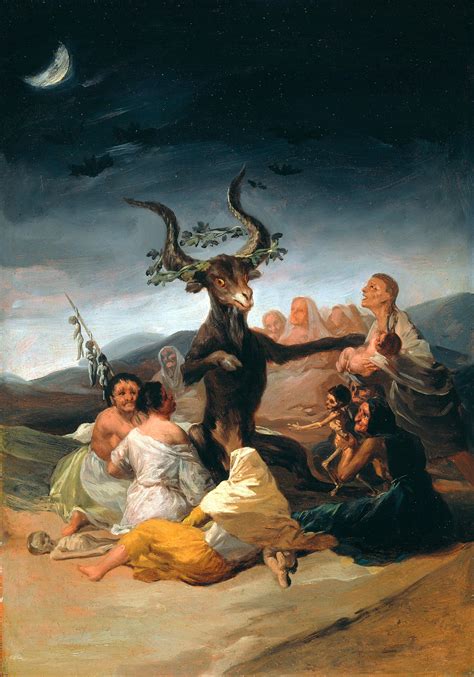name (n.) “word by which a person or thing is denoted,” Old English nama, noma “name, reputation,” from Proto-Germanic *naman- (source also of Old Saxon namo, Old Frisian nama, Old High German namo, German Name, Middle Dutch name, Dutch naam, Old Norse nafn, Gothic namo “name”), from PIE root *no-men- “name.”
Meaning “a famous person” is from 1610s (man of name “man of distinction” is from c. 1400). Meaning “one’s reputation, that which is commonly said of a person” is from c. 1300. As a modifier meaning “well-known,” it is attested by 1938.
In the name of “in behalf of, by authority of,” used in invocations, etc., is by late 14c. Name-day “the day sacred to the saint whose name a person bears” is by 1721. Name brand “product made by a well-known company” is from 1944. Name-dropper “person who seeks to impress others by mentioning well-known persons in a familiar way” is by 1947. Name-child, one named out of regard for another, is attested by 1830. The name of the game “the essential thing or quality” is from 1966; to have one’s name in lights “be a famous performer” is by 1908.
"I don’t realize yet how fortunate I am. It seems that I have been dreaming. When I see my name in lights in front of the theatre, I think, ‘No. It isn’t I.’ " [Billie Burke interview in “The Theatre Magazine,” Nov. 1908]
name (v.)
Old English namian “to bestow a particular name upon, call, mention by name; nominate, appoint,” from Proto-Germanic *nōmōjanan (source also of Old Saxon namon, Old Frisian nomia “to name, call,” Middle Dutch noemen, namen), from the source of name (n.).


